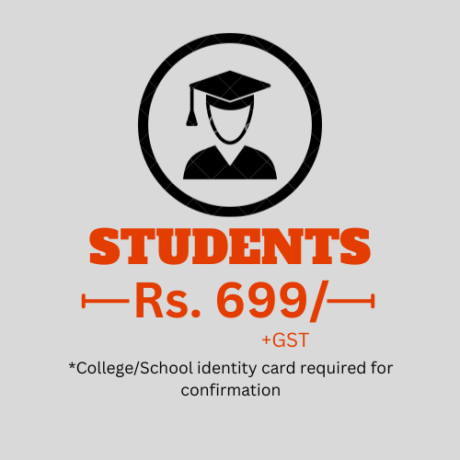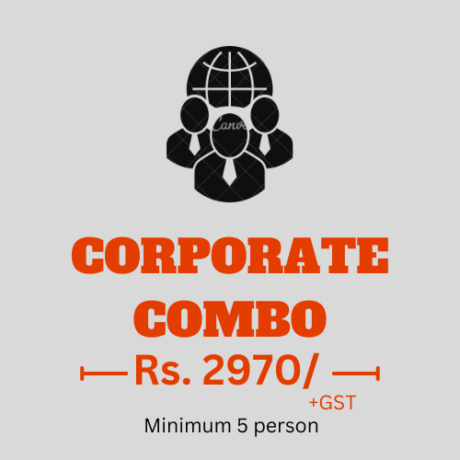NEW DELHI: The commerce and industry ministry has sought stricter scrutiny of goods coming from Bangladesh, Sri Lanka, South Korea and the Asean bloc, amid fears of Chinese imports increasingly being routed through these countries. It has pushed for fast tracking amendments to the customs law to tighten the rules to claim concessional benefits under India’s free trade pacts, in line with the changes proposed in the budget this year.
The ministry has requested the finance ministry to
introduce stringent provisions related to rules of origin, to empower customs officers for checking the abuse of FTAs.
In the budget, the government had inserted a new chapter in the Customs Act on the administration of rules of origin under trade agreements, giving it the power to suspend and refuse preferential tariff treatment in case of incomplete information or verification and non-compliance, respectively. Moreover, an importer cannot avail of concessional benefits by merely
providing a certificate of origin.
These amendments aren’t yet notified.
“We will scrutinise imports coming from third countries and not clear suspicious consignments … There is complete sync in the government at top levels that unnecessary imports need to be blocked,” said a senior official.
As per the proposed rules, where the preferential rate of duty is suspended, the officer, on the request of the importer, can release the goods if the importer pays a security amount equal to the difference between the duty provisionally assessed and the preferential duty claimed.
The move comes on the heels of India imposing 100% physical checks of shipments from China.
“The process of notifying the new rules has begun,” said another person in the know.
As per the rules, the submission of a certificate of origin “shall not absolve the importer of the responsibility to exercise reasonable care”. In certain cases, the certificate of origin shall be marked inapplicable.
“Determining
the correct country of origin is not only important for the benefits of FTAs to accrue to the rightful importer, but also trade facilitation, and expeditious clearance of cargo will happen in the current situation depending on the country of origin,” said Bipin Sapra, a partner at advisory firm EY.
The government is already putting together details of the installed capacities of local industry for goods that India trades under free trade and bilateral agreements under the Asia Pacific
Trade Agreement, South Asian Free Trade Area, the Asean group, and bilateral pacts with Singapore, Japan, South Korea and Sri Lanka.


